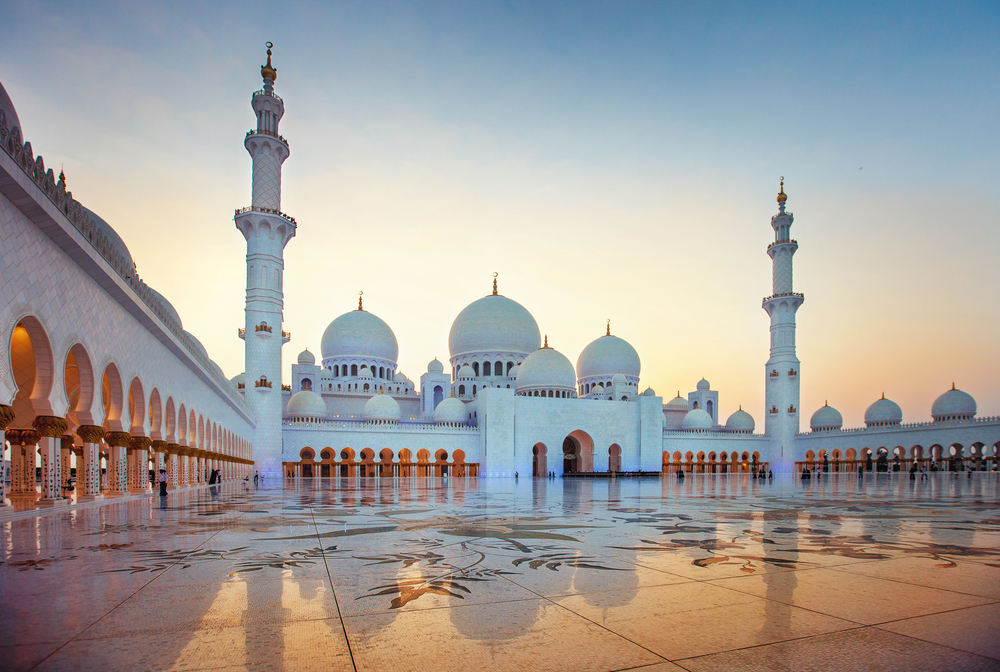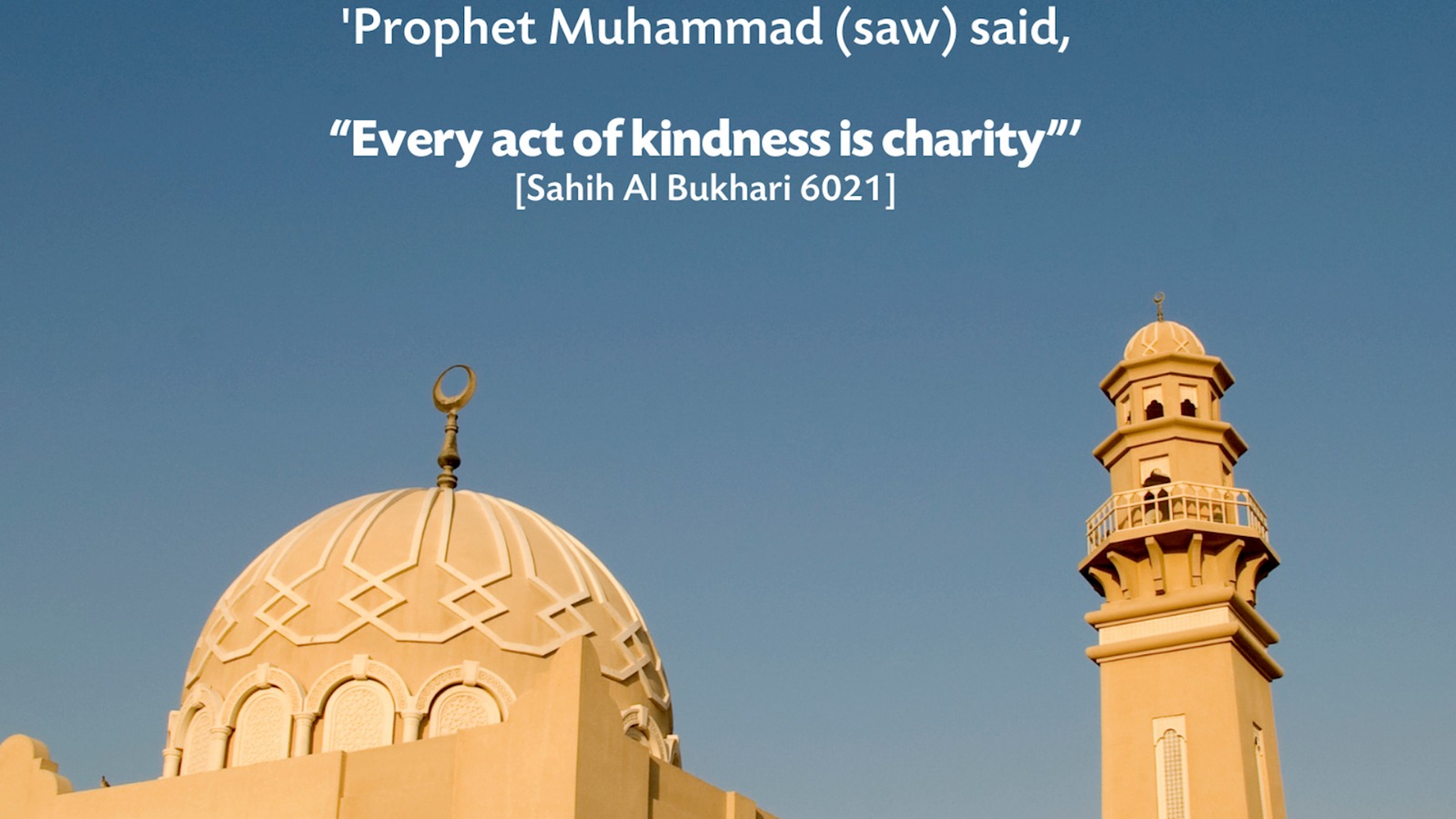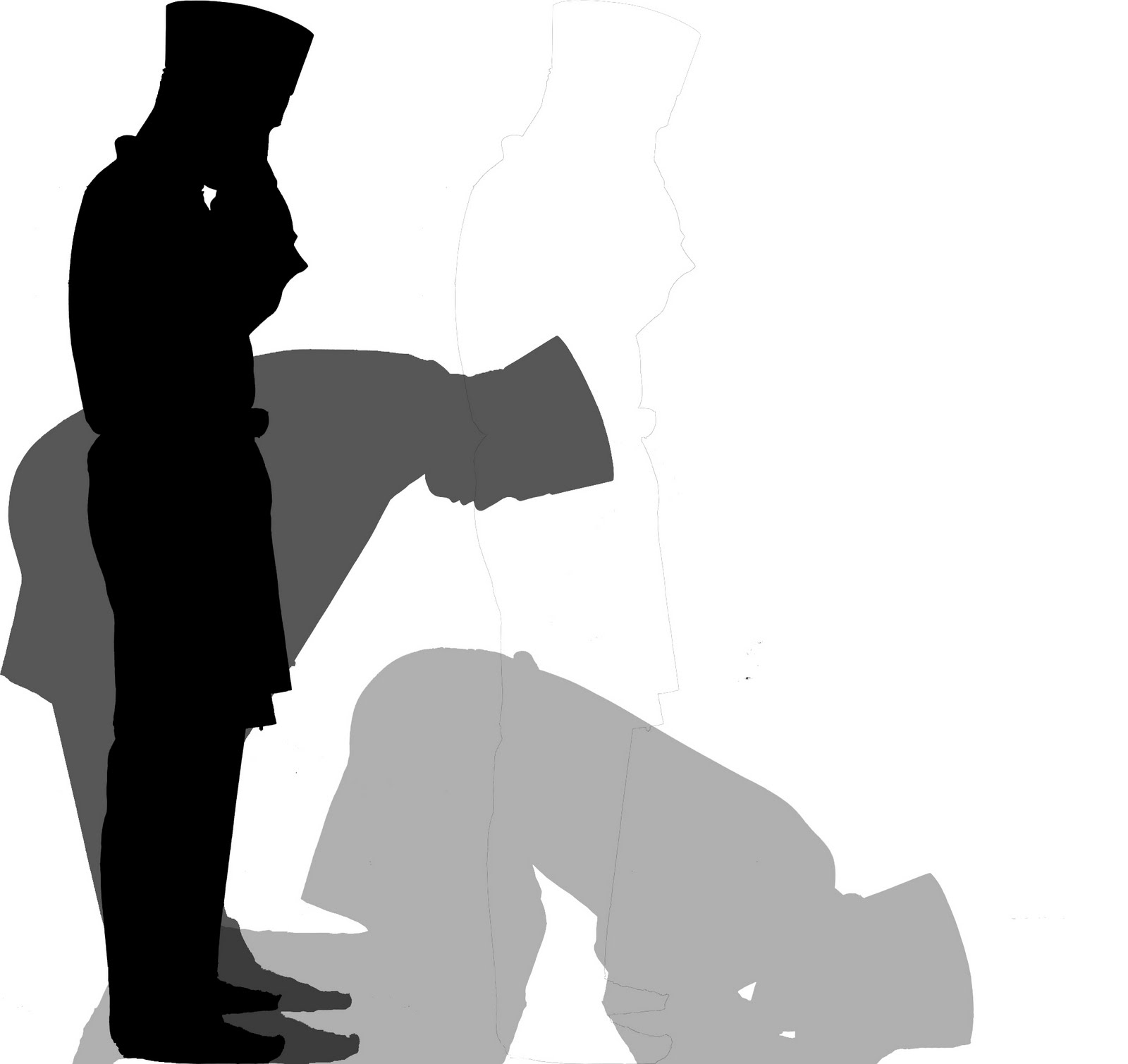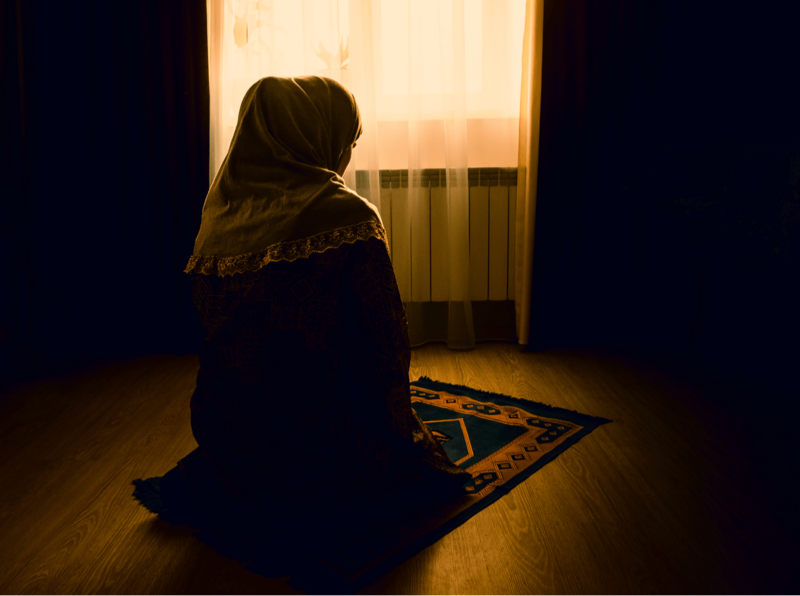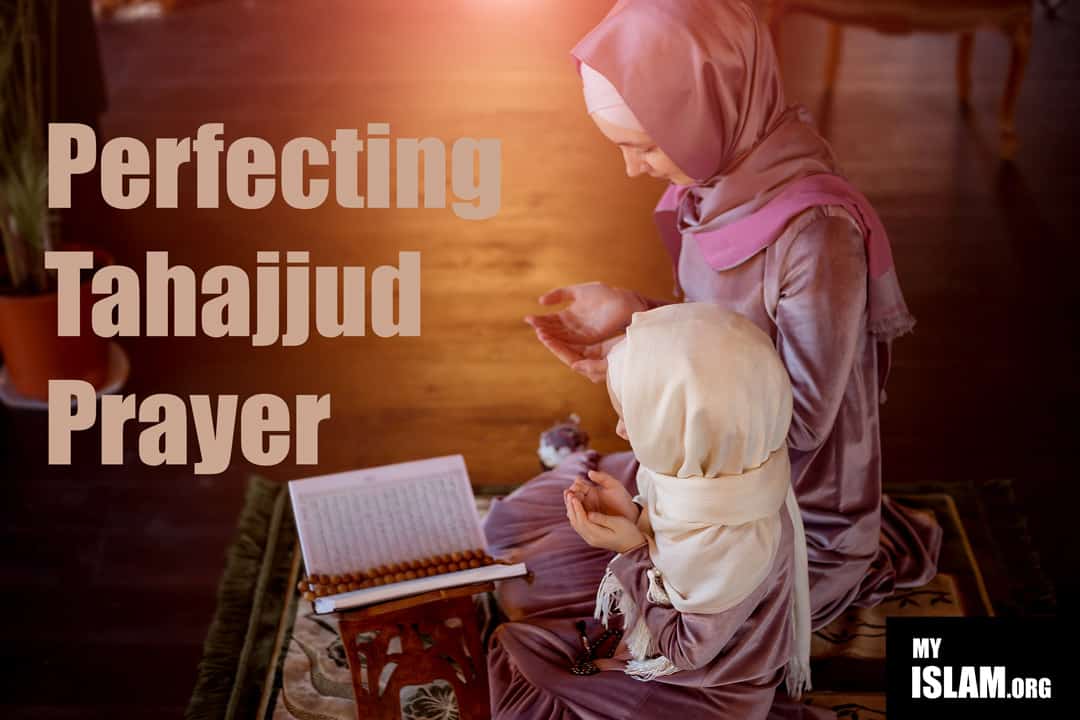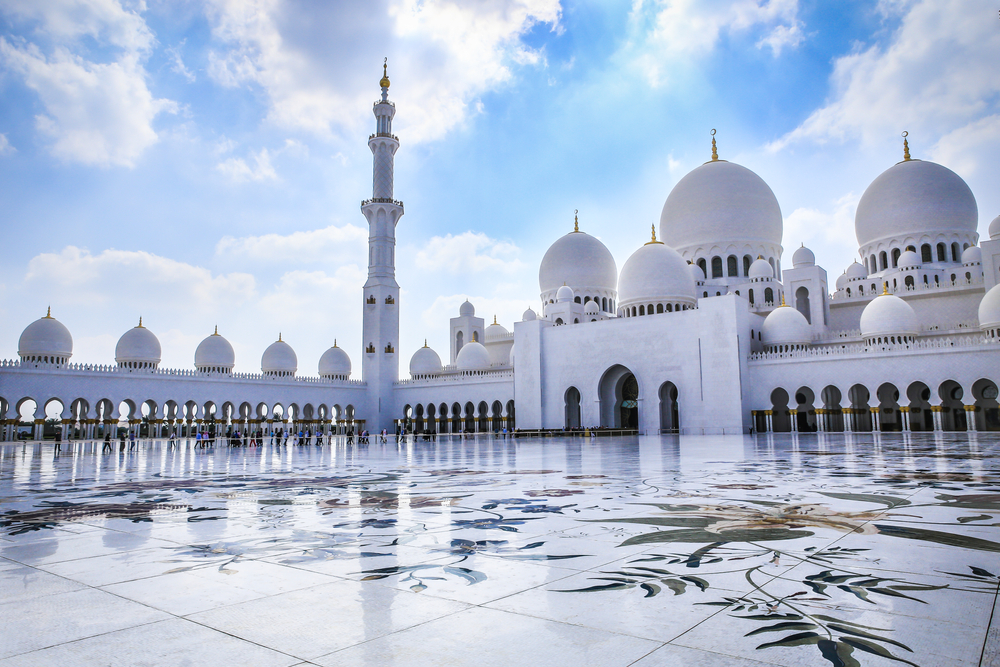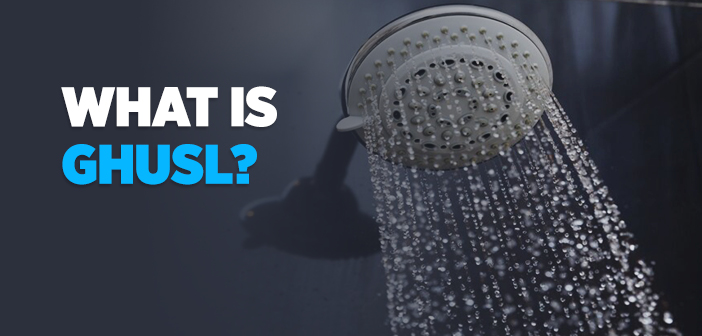
Practical Guide of performing Ghusl
There are three classifications based on circumstances that require to do ghusl. These instances highlight the importance of cleanliness and spiritual preparedness in various significant moments and events in a Muslim's life.
Obligatory Ghusl
The following are the cases in which taking a bath is obligatory. One is not allowed to perform any worship without performing the obligatory Ghusl. These are the 5 circumstances when Ghusl is obligatory.
* Ghusl after intercourse
* Experiencing a wet dream.
* Sexual intercourse between a man and a woman
* Ghusl after menstruation cycle completed
* End of postnatal bleeding (nifas)
Sunnah Ghusl
In the following cases, bathing is Sunnah.
* For the Friday prayer. (Bukhari)
* For the Eid prayers. (Ibn Abi Shaeba-tul-Mussanif)
* When wearing the Ihram for Hajj or Umrah. (Tirmidhi)
* On the Day of Arafah. (Ibn Abi Shaeba-tul-musanif)
Mustahabb Ghusl
It is recommended (not compulsory) to perform Ghusl in the following situations:
* When a person converts to Islam in a state of purity.
* When a child reaches the age of puberty.
* When a person recovers from insanity.
* After cupping (hijama) or bloodletting.
* After giving a ghusl to the deceased.
* For worship on the night of mid-Sha'ban.
* For special worship during Laylat al-Qadr.
* Before entering Mecca.
* Before entering Medina.
* For the stay at Muzdalifah during the days of sacrifice.
* For performing the Tawaf al-Ziyarah.
* For the prayer during a solar eclipse.
* For the Salat al-Istisqa (prayer for rain).
* During times of fear.
* During periods of intense darkness during the day.
Intention (Niyyah)
Before commencing Ghusl, making a clear intention in your heart is crucial. Niyyah doesn't need to be spoken, but it must be a firm decision to perform Ghusl for purification, aligning your action with Islamic teachings.
Privacy and Cleanliness
Find a private space where you won't be disturbed. Ensure the water you use is clean and pure, free from any impurities, as cleanliness is the essence of Ghusl.
The Step-by-Step Guide to Performing Ghusl
* Begin with Niyyah: Internally declare your intention to perform Ghusl for purification.
* Wash Your Hands: Start by washing your hands three times, ensuring cleanliness.
* Rinse Your Mouth and Nose: Use water to rinse your mouth and nose three times, purifying these orifices.
* Wash Your Face: Thoroughly wash your entire face three times from the forehead to the chin and from one ear to the other.
* Wash Your Arms: Cleanse your arms, starting with the right, up to and including the elbows, three times.
* Perform Wudu: As you would for prayer, but you may delay washing your feet until the end of Ghusl.
* Pour water Over Your Head: Three times, ensuring it reaches the roots of your hair and covers your scalp.
* Wash the Rest of Your Body: Begin with the right side, then the left, pouring water over your body to ensure every part is washed. It's essential that water reaches every part of your body, including behind the ears and under the arms.
* Wash Your Feet: Conclude your Ghusl by washing your feet, right then left, making sure water cleanses between the toes.
“O Believers! If you are in a state of major impurity [that requires ritual bath], then purify yourselves.”
Surah Al-Ma'idah, Quran 6 verse 5
Related Posts
Showing Kindness & Dutifulness to Parents
And they [Ahl-us-Sunnah wal-Jamaa’ah] command with being kind and dutiful to one’s parents__________And this is…
Islam and Being a Muslim
The word “Islam” is an Arabic word that means submitting and surrendering your will to…
Practical Guide of observing Salah
Salah is an essential practice for Muslims as it serves as a direct way to…
The Concept Of Tawhid According To Quran And Hadith In Islam
Anything Salah that is offered after Isha prayer and before Fajr is classified as part…


